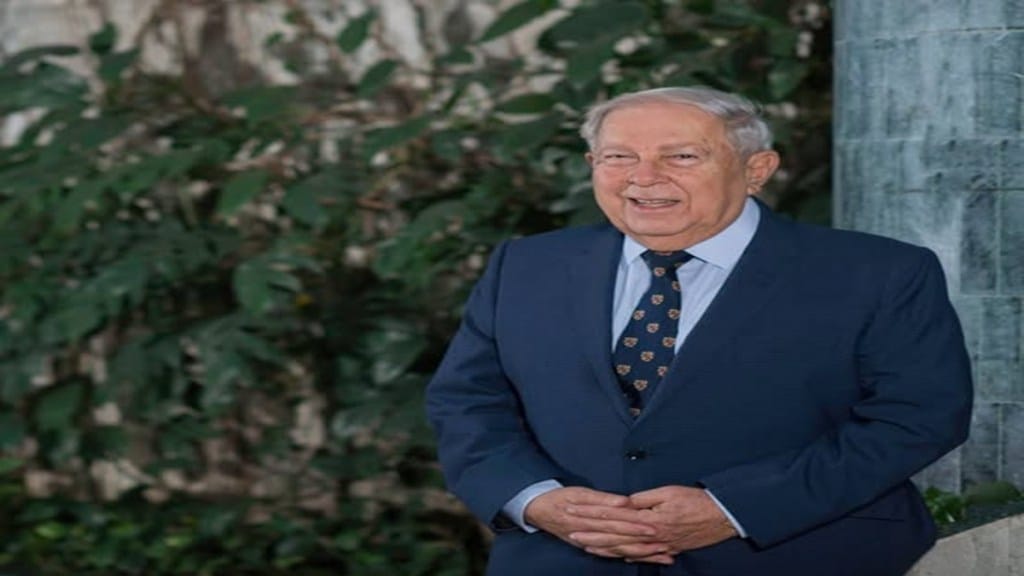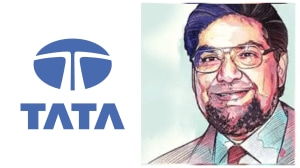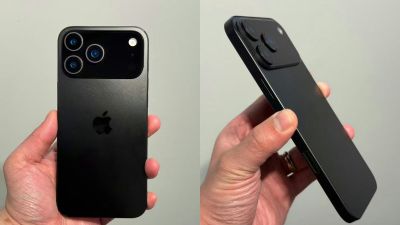To those prone to think in ink, an array of neatly stacked books and easily accessible study material, is joy beyond compare. Yusuf Khwaja Hamied’s room has retained this charm for decades. The paper contents constantly changing to keep pace with unsatiated curiosity of Dr Hamied (as the scientist-entrepreneur is better known).
Spending most of his time these days in Spain or London but with his heart in India, Dr Hamied had rather kindly and thoughtfully messaged this writer that he was headed for India and despite a hectic schedule was willing to spare time. He still prefers to operate out of Cipla’s old Mumbai Central office instead of the more swank and salubrious corporate office at a more happening Lower Parel suburb of Mumbai. Hamied has many memories attached to the Mumbai Central office, a facility that Mahatma Gandhi had visited.
Reflecting on what has changed about what he reads and what excites his about the new products that hit the global markets, Dr Hamied after a quick glance at the papers on his neat, long wooden desk, says, “many of the journals I used to read have all gone online and my library sends me the table of contents and I get a hard copy of the papers I want to read. It is easy to scribble on it and send it to others in the company,” he says. He is studying several drugs and new research – be it for treating migraine or about anti-microbial resistance. He adopts a simple approach. He gets a “literature survey done.” He spends time figuring out the chemistry, in case of some new drugs, looks at when they are to go off-patent and explore the prospects of making the required active pharmaceutical ingredients.
An Indian at heart
Ask him on the future of Indian pharma and on the changing landscape globally, especially in the US and he reminds this writer of an old debate on affordable medicines organised in by the United Nations almost a decade ago. There were 300 people in the room, he says, and the point of discussion being the pricing of an hepatitis C drug by Gilead Sciences. The price of $ 84,000 per treatment course in the US was the topic of discussion and the moderator was looking for a voice from Gilead and Dr Hamied offered to speak for Gilead and spoke of its arrangement with a range of Indian companies to make the drug available for a small fraction of the cost. “My concern is always India and I am only worried about my country.” That, he says, has always been his priority leading him to focus energies on what best can be done.
Why knowing past matters
Dr Hamied often refers to India’s strengths in the past and the prowess the country had demonstrated in many of the drugs developed using the fermentation process, like some of the antibiotics, including entities in the public sector. He feels the Chinese are able to score over many others not because they beat all on end-products but because they focus on key starting materials used to make medicines.
Pharma’s new horizons
Dr Hamied is seeing new imperatives on the horizon, including a steady shift from chemistry to biology with one in every two drugs sold globally being a biotech drug.
He is not particularly concerned about the impact of tariffs on imported medicines by the US as he feels it is in the interest of the US to lower these and ensure access for its patients to low-cost drugs, an arena in which Indian companies have great skills and expertise.
Farokh Engineer to Zubin Mehta
Later that night he was to host Farokh Engineer, the former and much revered Indian wicket-keeper and batsman on his 87th birthday. Engineer is only two years younger than Dr Hamied, who in turn is only a year younger than his company, founded by his late father Khwaja Abdul Hamied in 1935. Dr Hamied’s love for cricket has endured over the years. His old friend late Dr Anji Reddy, the founder of Dr Reddy’s Laboratories in his autobiography, had this to say: Yusuf’s childhood friend was Zubin Mehta, the renowned conductor of classical western music and like him, Yusuf orchestrated all of Cipla’s manufacturing and logistical complexities with aplomb.” Apparently, there is symphony in science that only some like Dr Hamied can understand and admire.









